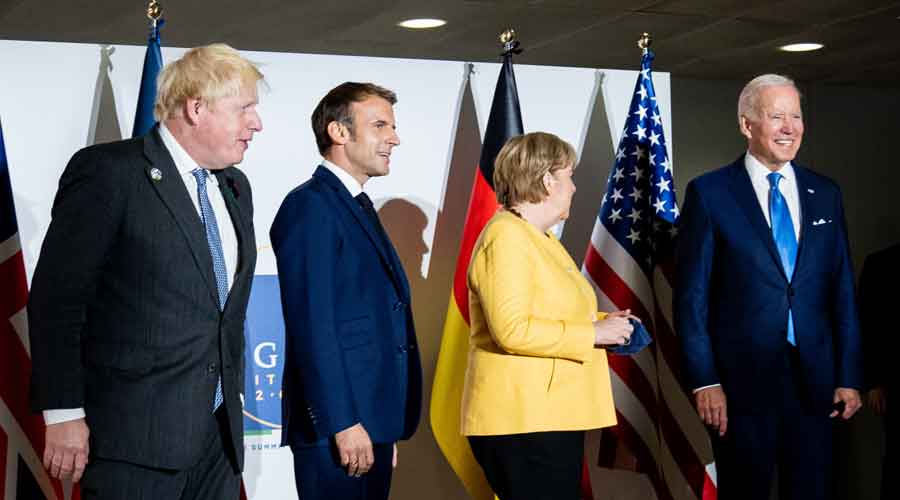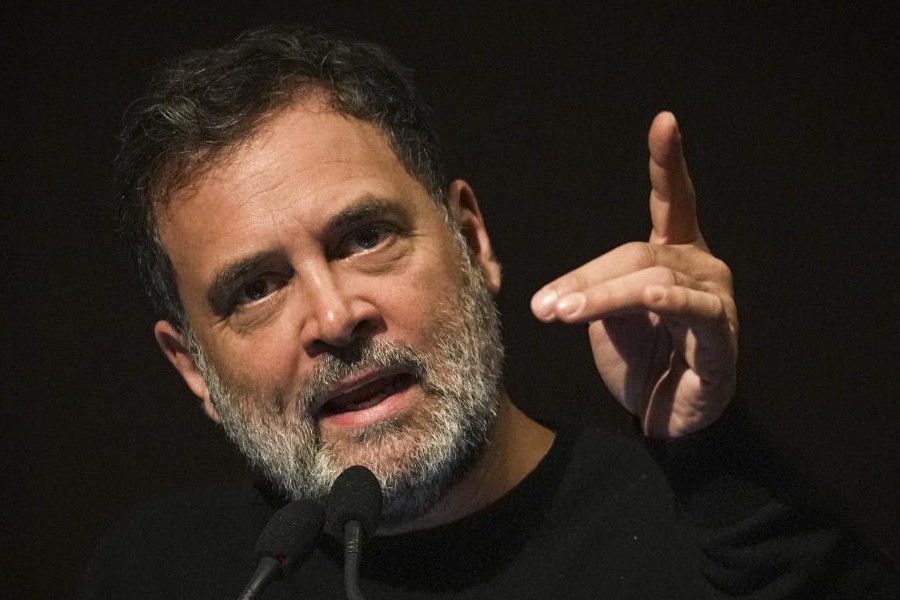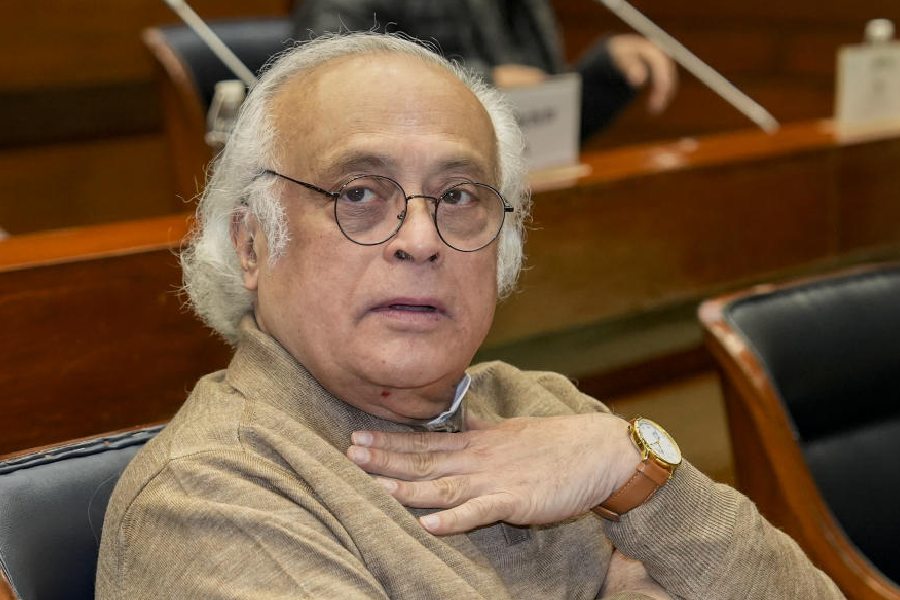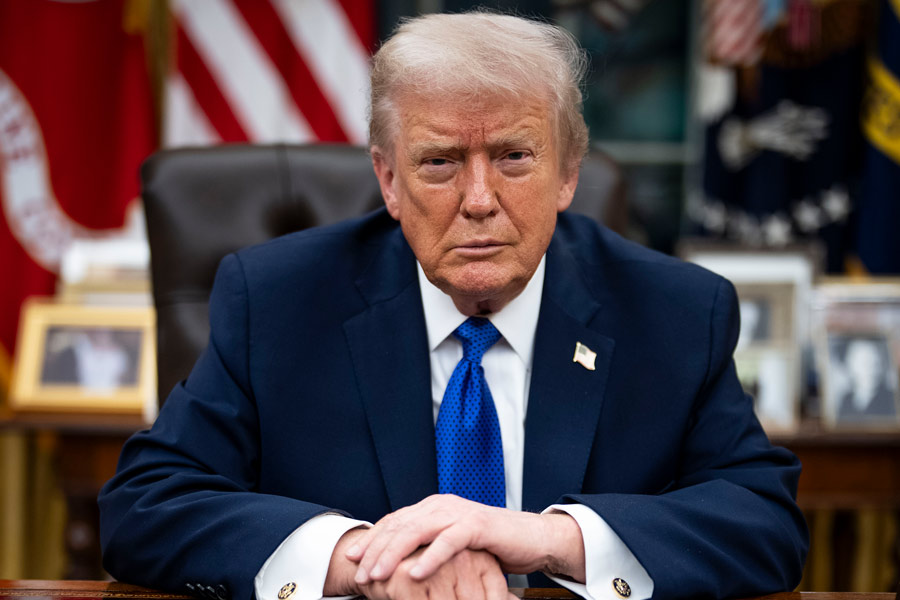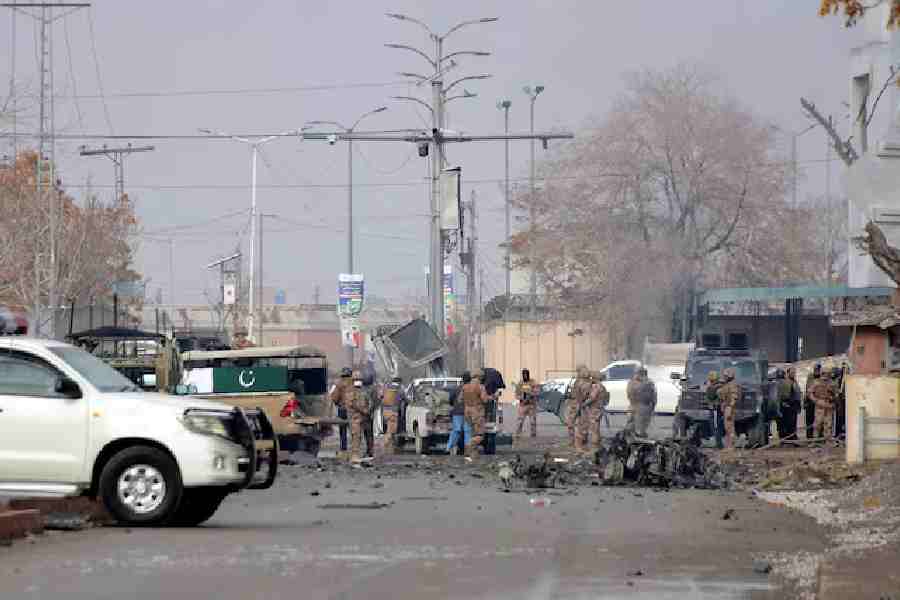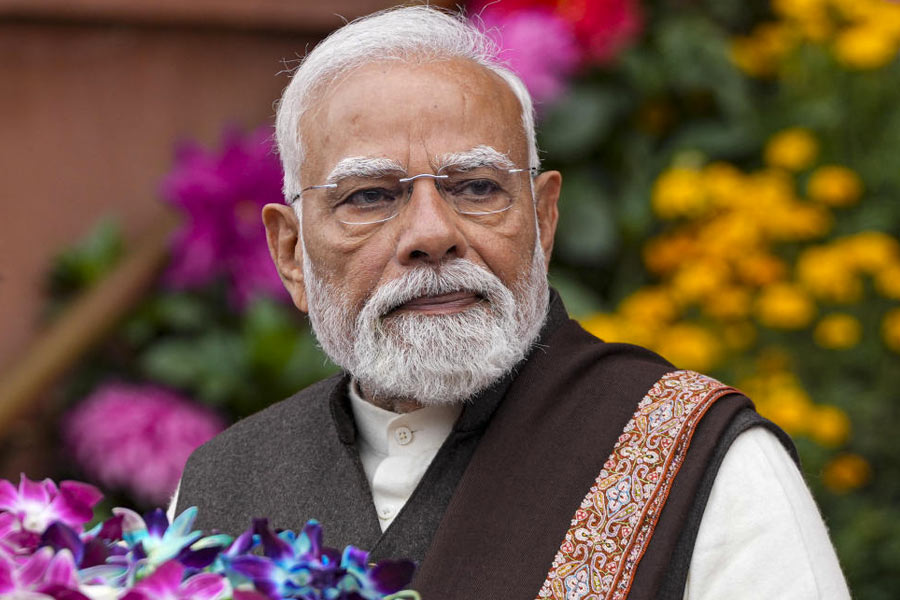The United Nations COP26 summit that starts in Glasgow this week has been billed as a make-or-break chance to save the planet from the most calamitous effects of climate change.
Delayed by a year because of the Covid-19 pandemic, COP26 aims to keep alive a target of capping global warming at 1.5°C above pre-industrial levels — the limit scientists say would avoid its most destructive consequences.
“We need to come out of Glasgow saying with credibility that we have kept 1.5 alive,” Alok Sharma, COP26’s president, said on Sunday as delegates began arriving in the Scottish city.
“We’re already at global warming at 1.1 degrees above pre-industrial levels,” he told Sky News. “At 1.5 there are countries in the world that will be underwater, and that’s why we need to get an agreement here on how we tackle climate change over the next decade.”
Meeting the 1.5°C goal, agreed in Paris to much fanfare in 2015, will require a surge in political momentum and diplomatic heavy-lifting to make up for the insufficient action and empty pledges that have characterised much of global climate politics.
The conference needs to secure more ambitious pledges to further cut emissions, lock in billions in climate finance and finish the rules to implement the Paris Agreement with the unanimous consent of the nearly 200 countries that signed it. “Let’s be clear — there is a serious risk that Glasgow will not deliver,” UN secretary-general Antonio Guterres told leaders of the G20 rich nations last week.
Existing pledges to cut emissions would see the planet’s average temperature rise 2.7°C this century, which the UN says would supercharge the destruction that climate change is already causing by intensifying storms, exposing more people to deadly heat and floods, killing coral reefs and destroying natural habitats.
A new pledge last week from China, the world’s biggest polluter, was labelled a missed opportunity that will cast a shadow over the two-week summit. Announcements from Russia and Saudi Arabia were also lacklustre.
The return of the US, the world’s biggest economy, to UN climate talks will be a boon to the conference, after a four-year absence under President Donald Trump.
But like many world leaders, President Joe Biden will arrive at COP26 without firm legislation in place to deliver his own climate pledge as Congress wrangles over how to finance it and new uncertainty about whether US agencies can even regulate greenhouse gas emissions.
Leaders of the G20 meeting in Rome this weekend said they aimed to cap global warming at 1.5°C, but largely avoided firm commitments. The joint statement reflects tough negotiations, but details few concrete actions to limit carbon emissions.
The G20, which includes Brazil, China, India, Germany and the US, accounts for about 80 per cent of global greenhouse gas emissions, but hopes the Rome meeting might pave the way to success in Scotland have dimmed considerably.
Adding to the challenging geopolitical backdrop, a global energy crunch has prompted China to turn to highly polluting coal to avert power shortages, and left Europe seeking more gas, another fossil fuel.
Ultimately, negotiations will boil down to questions of fairness and trust between rich countries whose greenhouse gas emissions caused climate change, and poor countries being asked to de-carbonise their economies with insufficient financial support.
Covid-19 has exacerbated the divide between rich and poor. A lack of vaccines and travel curbs mean some representatives from the poorest countries cannot attend the meeting. Around 25,000 delegates from governments, companies, civil society, indigenous peoples, and the media will fill Glasgow’s cavernous Scottish Event Campus.
World leaders will kick start COP26 on Monday with two days of speeches that could include some new emissions-cutting pledges, before technical negotiators lock horns over the Paris accord rules. Any deal is likely to be struck hours or even days after the event’s November 12 finish date.

